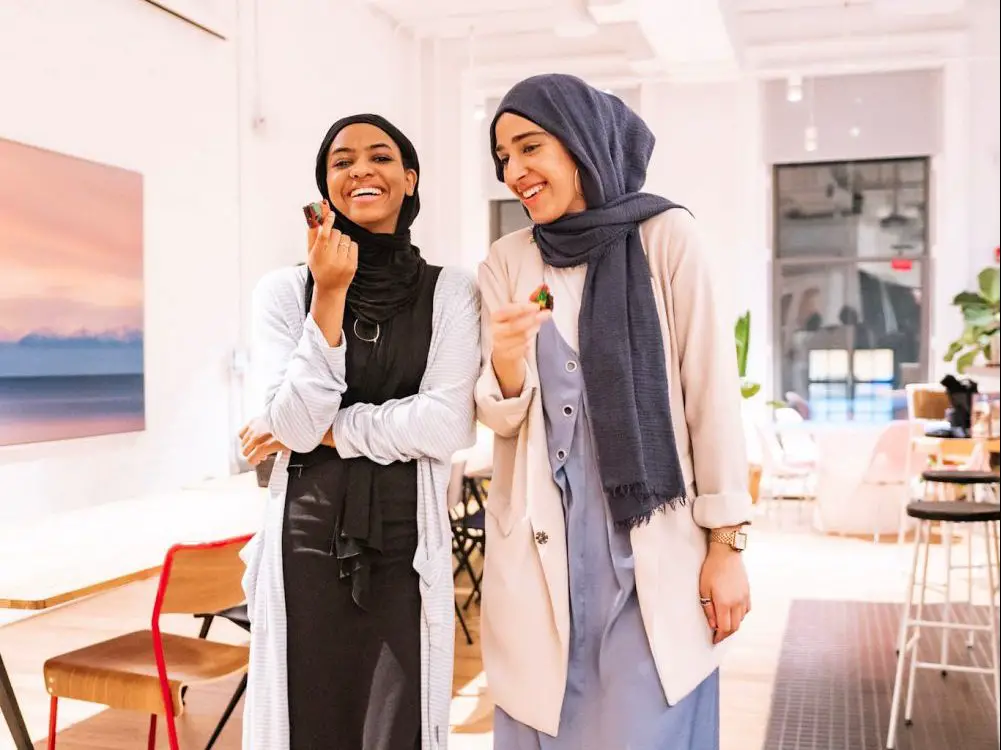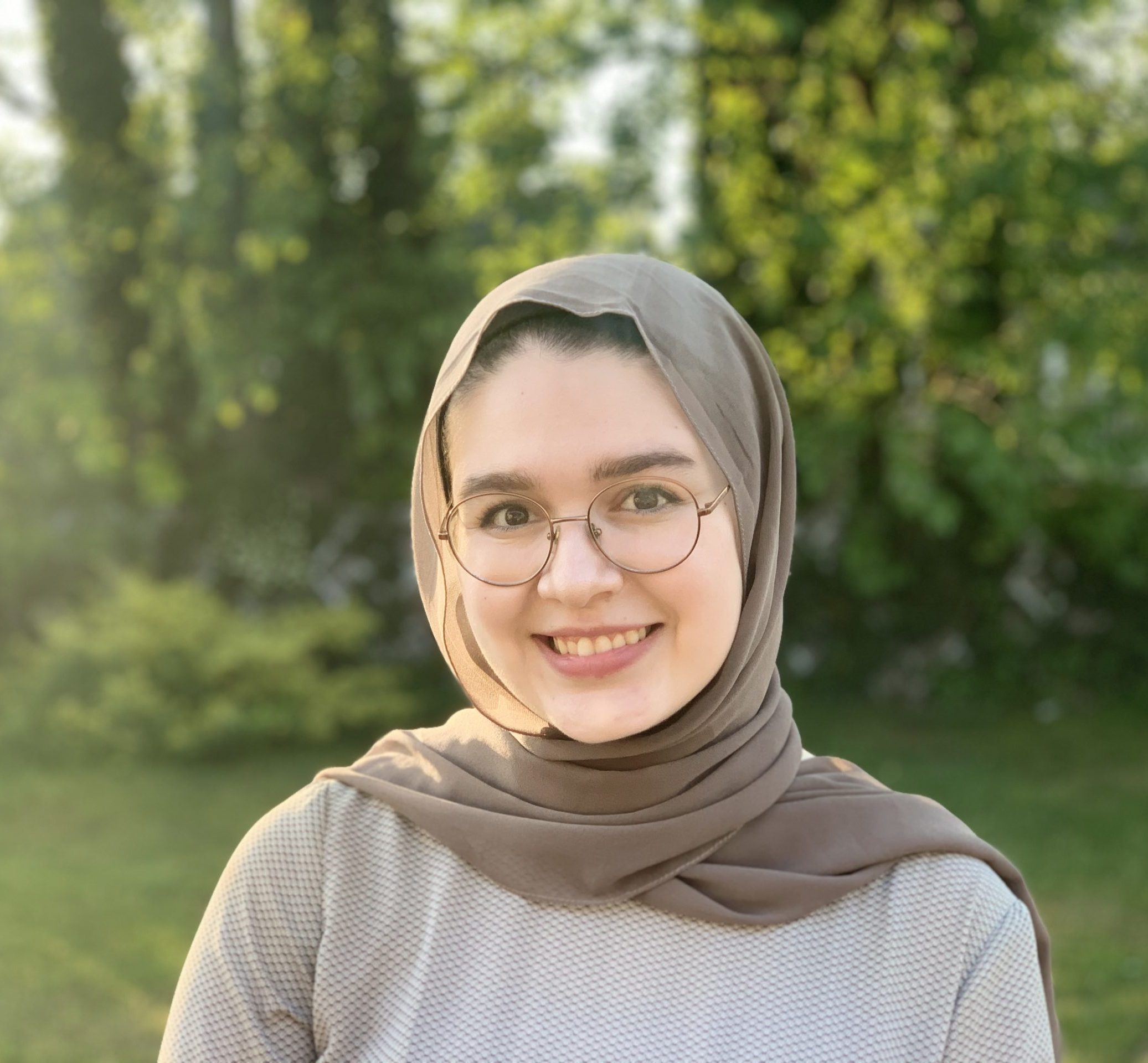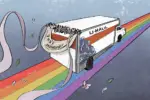Black people, Indigenous people and people of color have disproportionately faced the effects of environmental harm for centuries. However, mainstream environmental movements are rarely, if ever, BIPOC led or inclusive. Faithfully Sustainable is challenging the status quo in a game-changing way.
Faithfully Sustainable was founded by two Muslim women, Kadiatou (Ka-djah-tou) Balde and Zainab Koli, this past February. It is a BIPOC Muslim community organization that merges faith and environmental sustainability through education, activism and entrepreneurship.
Gaining over 2,200 community members in a little over six months, Faithfully Sustainable is pioneering the way their members think about environmentalism by bridging the movement with faith. Separately, the two co-founders are trailblazers in their own right; together, they are a groundbreaking force to be reckoned with.
https://www.instagram.com/p/CErjGkhD2NX/?utm_source=ig_web_copy_link
Both women are native New Yorkers, and in introducing themselves, they both emphasized the importance of land acknowledgment, recognizing that they live on Lenape colonized land. Their life experiences have affected the way they view sustainability and instilled within them passions for justice.
Koli is an Indian American Muslim woman born and raised in Queens, New York, occupied land of the Matinecock tribe, a division of the Algonquin Nation and Lenape people. Community is at the center of everything Koli does. Along with co-founding Faithfully Sustainable, she is also a co-founder of the New York Muslim Student Association Showdown, a community space for Muslim college students to explore their creativity.
She graduated from the Fashion Institute of Technology with a degree in fashion business management. Throughout her experiences in fashion, Koli became increasingly aware of sustainability issues within the fashion industry, which inspired her to learn more about environmental justice.
“As I went to school and interned in the fashion industry I became more aware of issues with sustainability in the fashion industry in terms of labor, especially with garment worker rights and environmentalism,” Koli said. “That really threw me away from wanting to continue a career in fashion, or at least pursue it the way I planned to pursue it.”
Koli plans to bring together her experiences in fashion business and community-based sustainability to build justice-oriented fashion systems that are centered around the voices of BIPOC communities.
Balde’s passion for environmentalism came from lived experience. She was born in the Bronx, New York, Lenape territory. However, she spent much of her childhood in Guinea, West Africa, which informed Balde on environmental injustice.
In Guinea, she experienced water scarcity and knew what it was like to have to walk upwards of two miles to fill buckets of water. Balde recalls what it was like to take out the trash, “I used to be the person that takes out the trash and our trash used to be a little bit far from our home, and I remember seeing avalanches of trash and seeing some of that trash, which was usually filled fast fashion and general trash, literally fall on homes in that town.”
She graduated from State University of New York Potsdam as a double major in biology and speech communication, with a minor in Arabic studies. While in college, she engaged in an independent study that centered around Islam and women. At that time, while reading and studying the Quran, she came to understand that Muslims have a responsibility to each other and to the Earth.
Koli and Balde both graduated from schools in the State University of New York system and both received awards their senior years. They met at the awards ceremony in Albany, New York, in a chance encounter that Balde calls fate. As Koli put it, “When two hijabis see each other at an event, they say hi.”
They exchanged contact information and planned to get coffee together sometime, and a few months later, they actually followed up. Koli and Balde met at a Malaysian coffee shop in Manhattan, where they planned to work together on an initiative that, over time, melded into what Faithfully Sustainable is today.
When speaking with them, their connection is apparent. Like coffee and sugar, milk and cereal, their skills and talents complement each other. They say the key to a strong working relationship is communication, trust and the ability to challenge each other with their different perspectives.
When starting Faithfully Sustainable, Koli and Balde embarked on a journey to learn more about the connection between sustainability and their Islamic faith. They both cite the book “Green Deen: What Islam Teaches about Protecting the Planet” by Ibrahim Abdul-Matin as integral to their understanding of sustainability and environmental justice.
Islam is at the heart of everything at Faithfully Sustainable. “If I were to choose one word to describe sustainability it would be, ‘Islam,’” Balde said.
https://www.instagram.com/p/CD7qfmEJlX8/?utm_source=ig_web_copy_link
“If you read the Quran, you will find many verses where Allah says to the people that we have to be stewards of the environment and the people and how we cannot separate those two,” she explains. “We are supposed to care for our neighbors, we are supposed to care for the planet and the things around us.”
In February, Faithfully Sustainable officially announced their launch, and on March 5, they held their first event, which centered around garment workers and sweatshop labor. The event took place at WeWork, a community workspace where Balde is a senior associate, and had over 30 attendees from various backgrounds. At the event, Koli reflected on her experiences of often being the only visibly Muslim woman at all of the sustainability events she’s ever gone to.
“It was great for us to see Muslims to show up. Having the sustainability space where I could say Salam Alaikum [an Islamic greeting meaning peace be upon you] was huge,” she said.
Not long after their launch, COVID-19 took over New York and the rest of the United States. Faithfully Sustainable’s 90-day plan, filled with social media and in-person events, had to be pushed back indefinitely. Koli and Balde did what any skilled entrepreneurs would do: They adapted.
Starting with a virtual event with the Islamic Center at NYU, and then transitioning into various webinars, Faithfully Sustainable was able to cultivate and grow their community online. In just a few months, their community went from 300 to 2,200 members and counting. Faithfully Sustainable was even hosted a virtual event with Abdul-Matin, the author of “Green Deen.”
Their largest campaign to date is the No Eid Shopping campaign, which encourages community members to cut down on consumption by wearing clothes they already own for Eid. They also encouraged their community members to donate the money they would have used for clothes to worthy causes, such as the Black Lives Matter movement.
At the end of July, when the second Eid rolled around, Eid al-Adha, Faithfully Sustainable partnered with Islamic Relief USA and encouraged members to donate money to the crisis in Yemen. Such partnerships are the crux of what Faithfully Sustainable is about — seamlessly merging faith, environmentalism and justice.
Their approach to environmentalism is community and justice-centered. They believe that to confront environmental injustice, we must first confront and dismantle white supremacy.
https://www.instagram.com/p/CCPik7TjSg2/?utm_source=ig_web_copy_link
“The content we display on our Faithfully Sustainable account is our attempt at learning and unveiling the environmental racism that exists in our world,” Balde said. “Black people everywhere are being dumped on by corrupt policies rooted in colonial mindsets and white supremacy. Which is why it’s super important to one, learn and understand environmental racism, and two, speak up against it.”
One of the largest ongoing conversations in sustainability, one that Faithfully Sustainable has been faced with by community members, is the dynamic of individual action versus corporate accountability. In the long run, do our individual actions really matter?
On this, Koli said, “Our individual impact as people in general, specifically BIPOC people, is so low that even if all of us became completely sustainable in our lifestyles we still but only have a very tiny amount of impact in comparison to the impact that corporations have on environmental injustice.”
However, she believes that knowing this does not absolve people from taking personal responsibility for their actions. “From an Islamic perspective, Allah will question us for our individual actions. You are not supposed to be silent in the face of injustice as a Muslim.”
Balde also acknowledges that individual actions alone cannot reverse the years of harm done to the Earth by corporations, but holds that, despite this, individual accountability is important. By merging faith and sustainability in an inclusive environment, Faithfully Sustainable is making the environmental justice movement accessible to all.
At the moment, their priority is educating and raising awareness about environmental injustice. They both know that the fear of environmental disaster can sometimes prevent people from taking the steps necessary to reduce environmental harm.
Balde and Koli both stress that starting with small steps can have a huge impact on the environment. Balde suggests looking inward, seeing what sustainable practices one’s own family has taken and seeing what you can adopt or learn from them. Koli tells individuals to read or listen; the first step of any action is to learn.
It’s hard to believe that the organization was founded under a year ago, considering the impact it has already had. One thing is for certain: This is just the beginning for Faithfully Sustainable. In the next five years, the co-founders hope that Faithfully Sustainable will merge into an intergenerational movement that creates a space for Muslims in the larger discourse of environment and justice. And anyone who follows their work knows that is the direction they are headed in.
To learn more about Faithfully Sustainable, follow them on Instagram, and keep a lookout for their next virtual event.

















